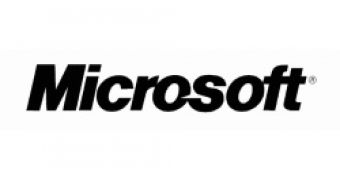The world is moving towards even faster applications that can take advantage of the web, and Microsoft is determined to help drive performance in the area upwards.
This week, there will be meetings kicking off at the IETF with focus on how HTTP 2.0 can improve the Internet, and Microsoft plans on submitting its proposal for “HTTP Speed+Mobility” for that.
The discussions at the IETF will also focus on the manner in which the entire industry is gearing up for the next version of HTTP, as well as on the benefits that users will receive from that.
“The approach we propose focuses on all the web’s end users – emphasizing performance improvements and security while at the same time accounting for the important needs of mobile devices and applications,” Jean Paoli, general manager, Interoperability Strategy, notes in a blog post.
One of the most important aspects of improving HTTP involves enhancing the speeds, and the need for a faster web browsing has been the main subject in many discussions.
“We think that apps—not just browsers—should get faster too. More and more, apps are how people access web services, in addition to their browser,” Jean Paoli continues.
Moreover, Microsoft believes that a better HTTP could also make mobile browsing faster, while also improving the battery life of devices.
“This approach includes keeping people and their apps in control of network access. Specifically, the client remains in control over the content that it receives from the web,” Microsoft explains.
Microsoft’s HTTP Speed+Mobility approach to HTTP 2.0 is based on the fact that applications and browsers are in constant interaction with what the user is doing and with the data that is available locally. Thus, they can deliver more easily the content that users are asking for.
Microsoft also highlights the importance of adopting HTTP 2.0. “We are looking forward to a vigorous, open discussion within the IETF around the design of HTTP 2.0. We are excited by the promise of an HTTP 2.0 that will serve the Internet for decades to come,” Jean Paoli states.

 14 DAY TRIAL //
14 DAY TRIAL //